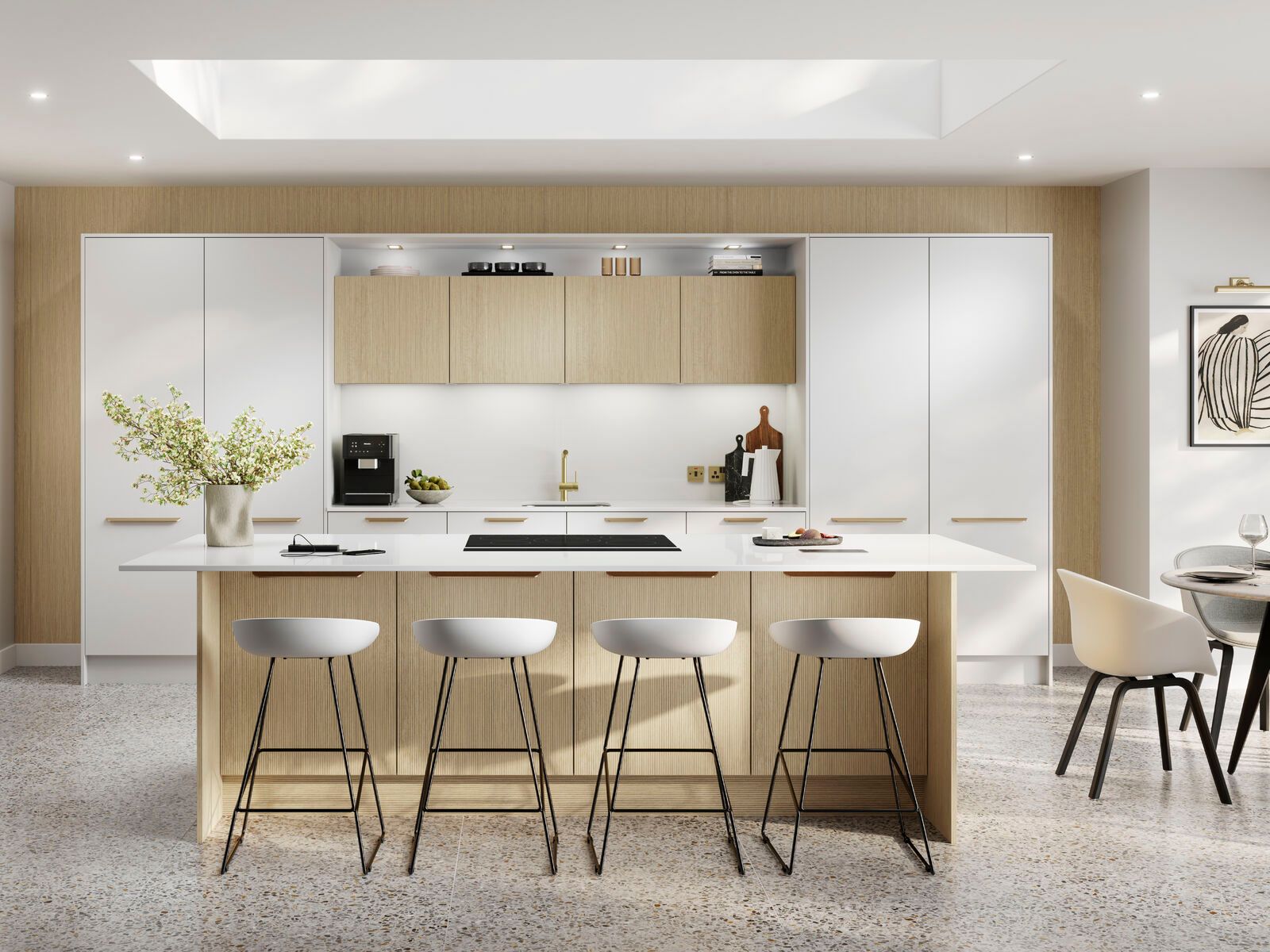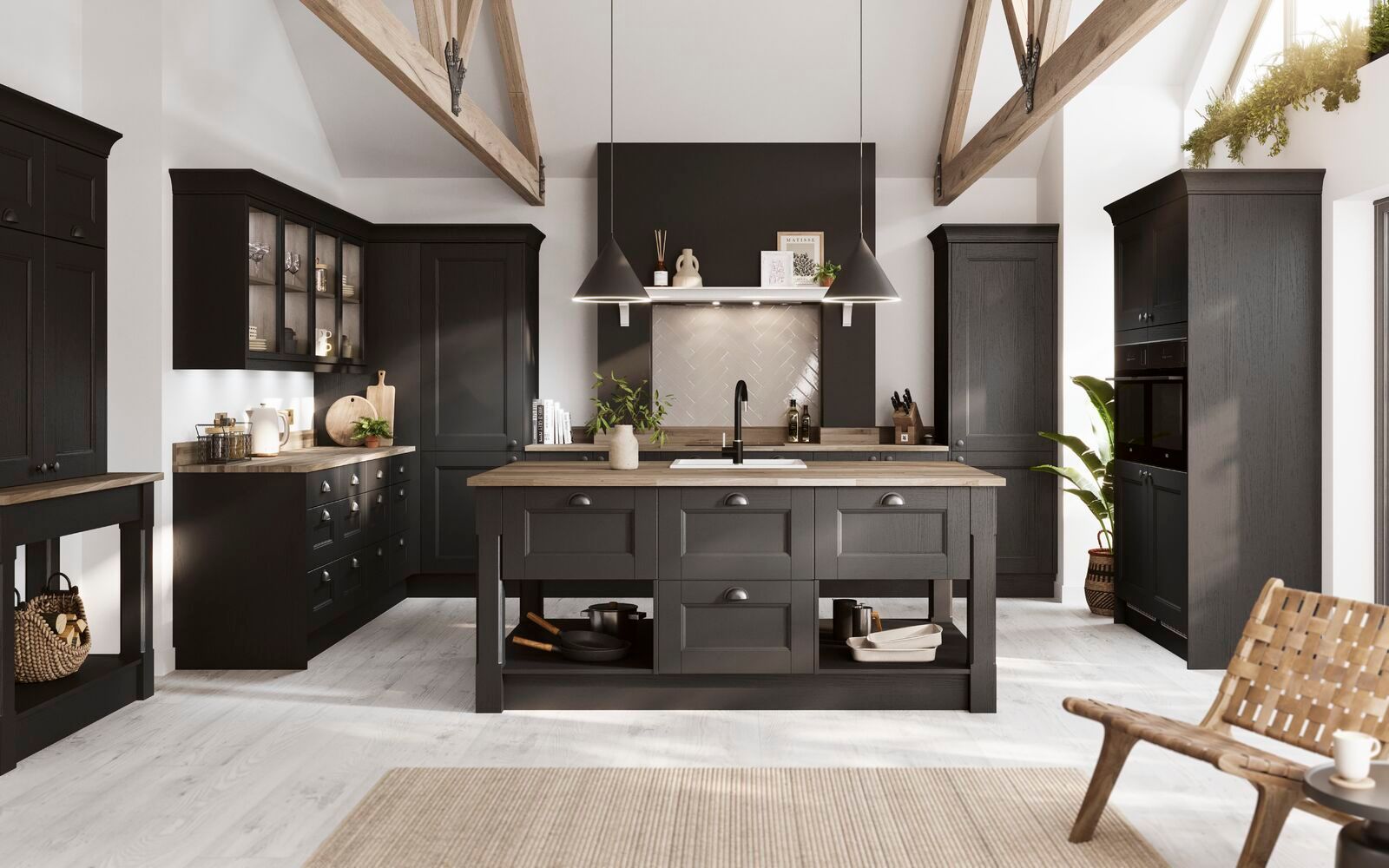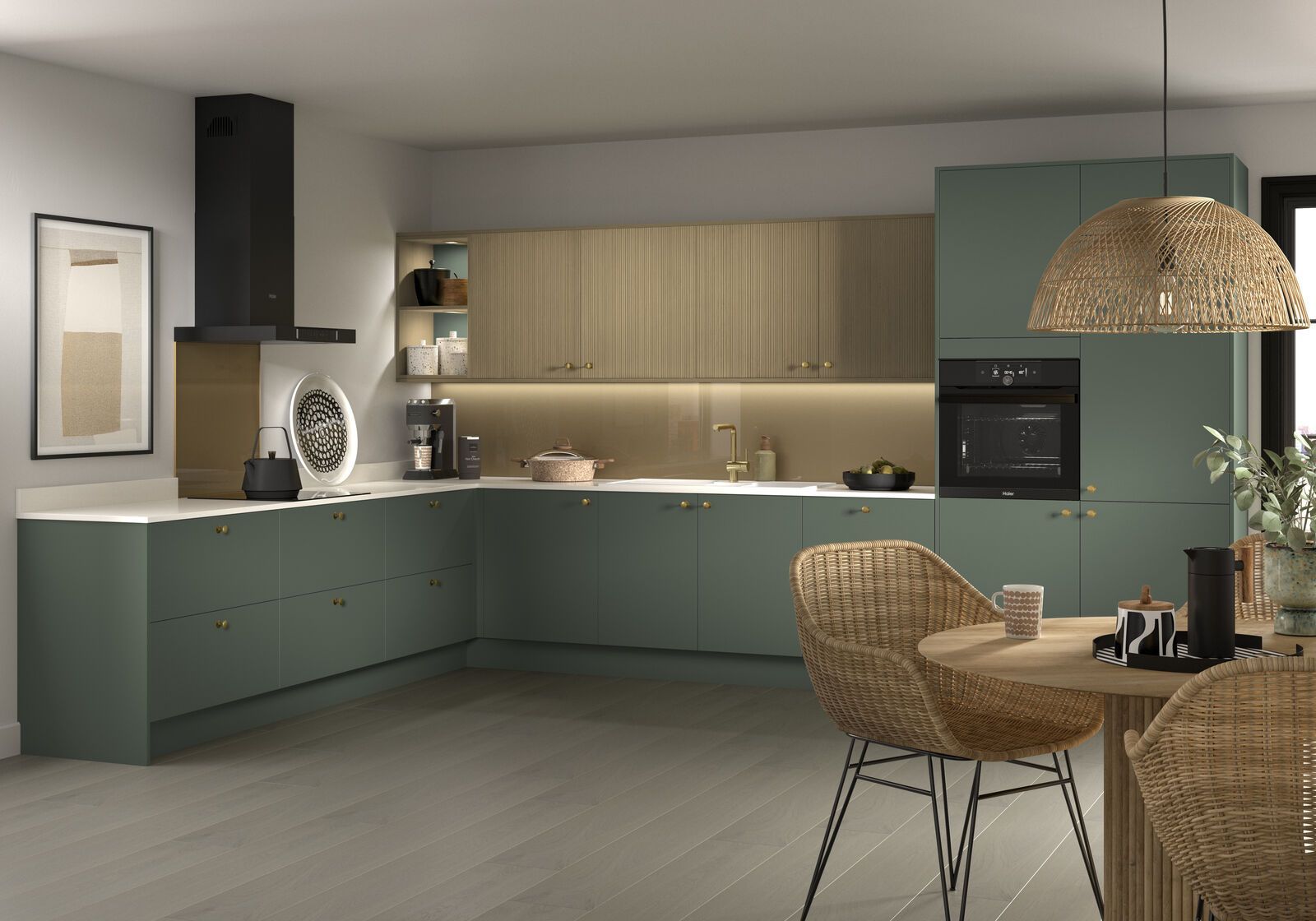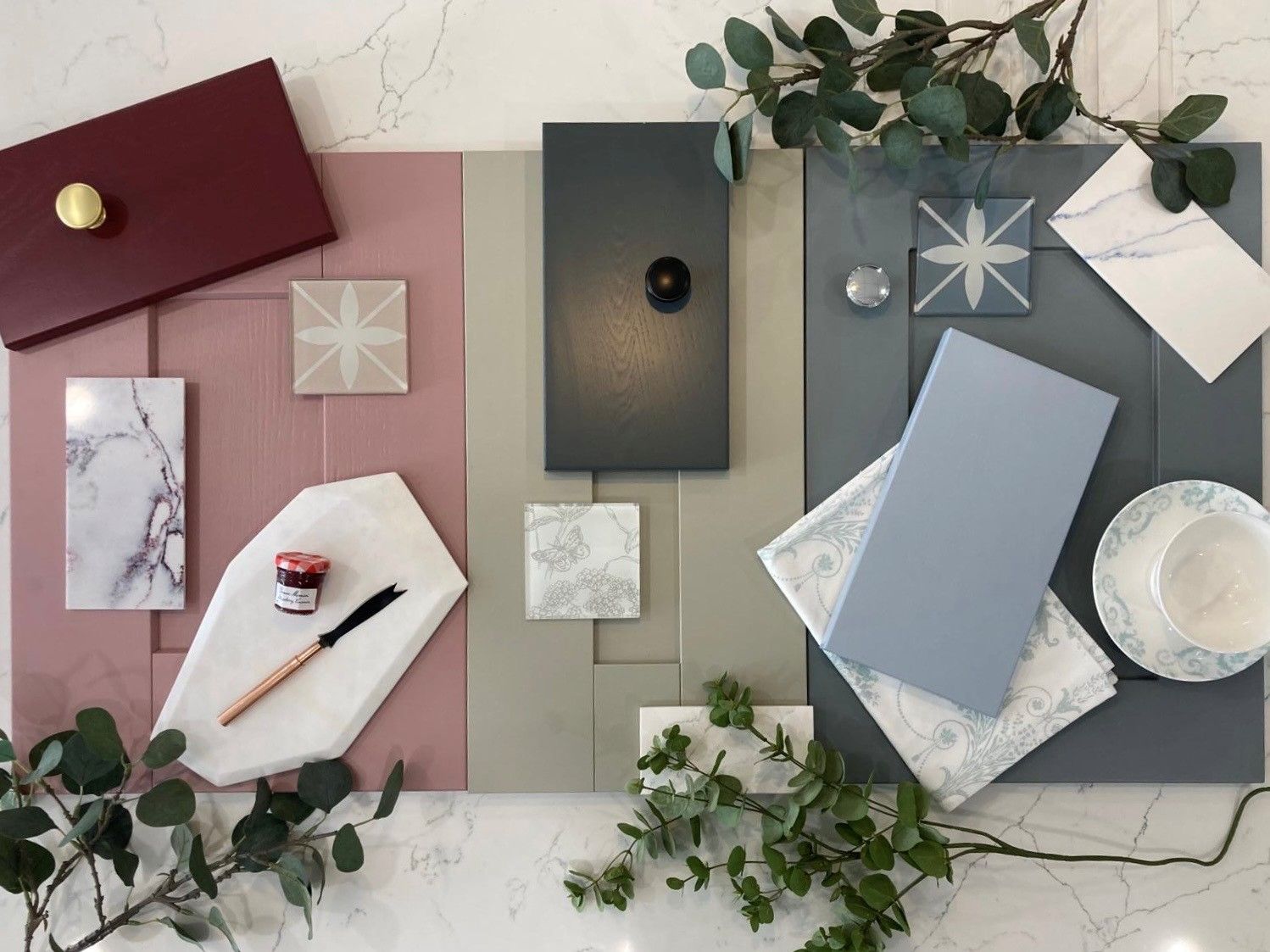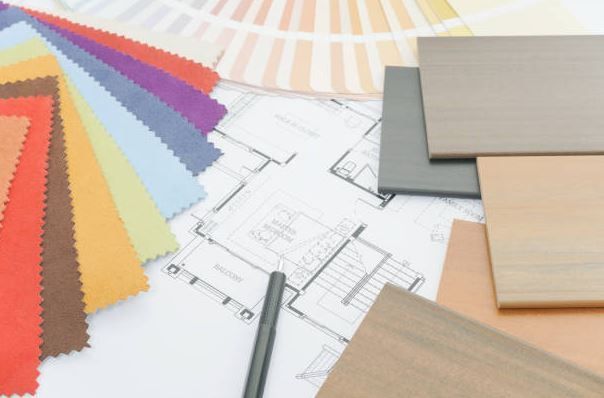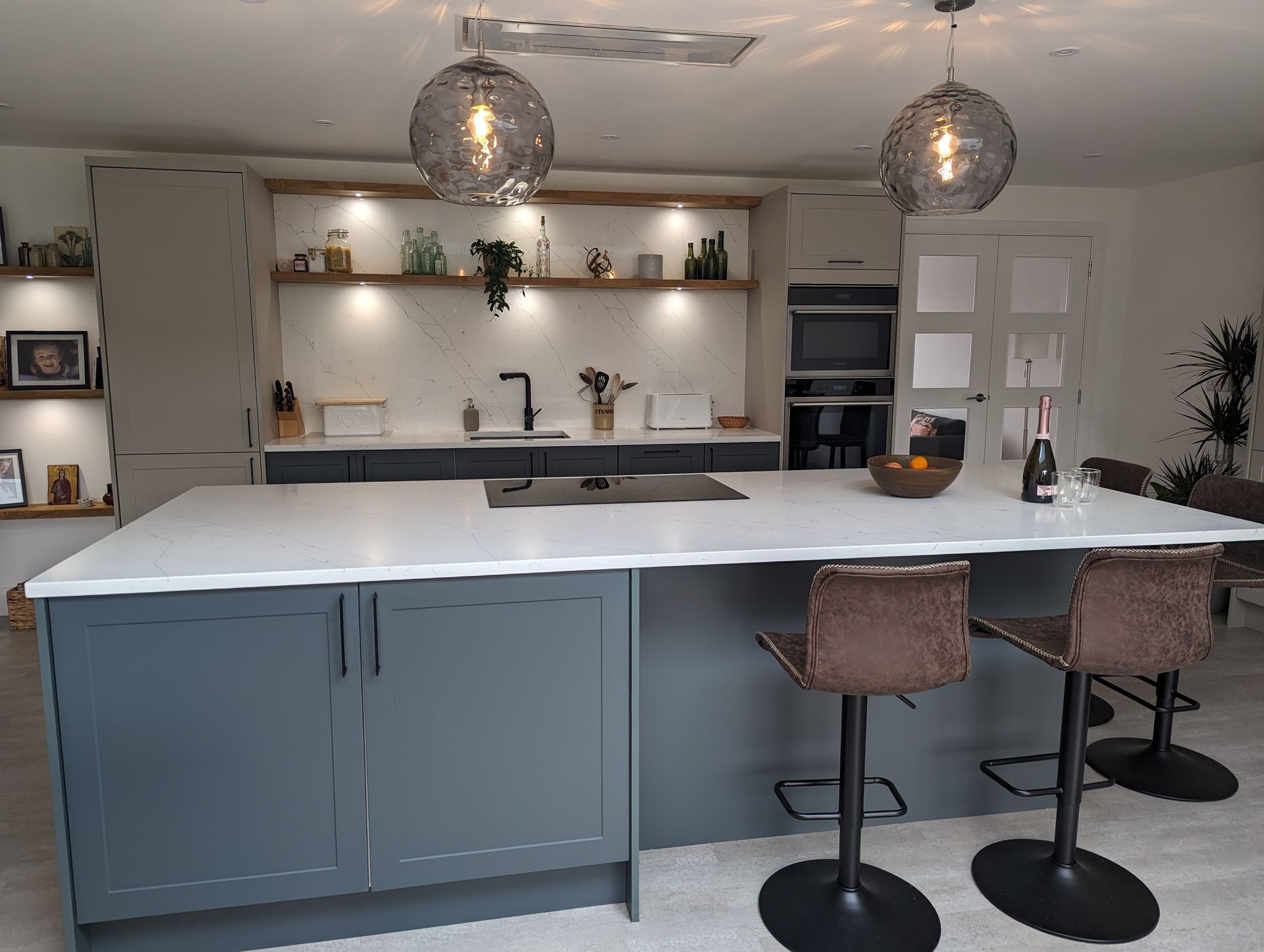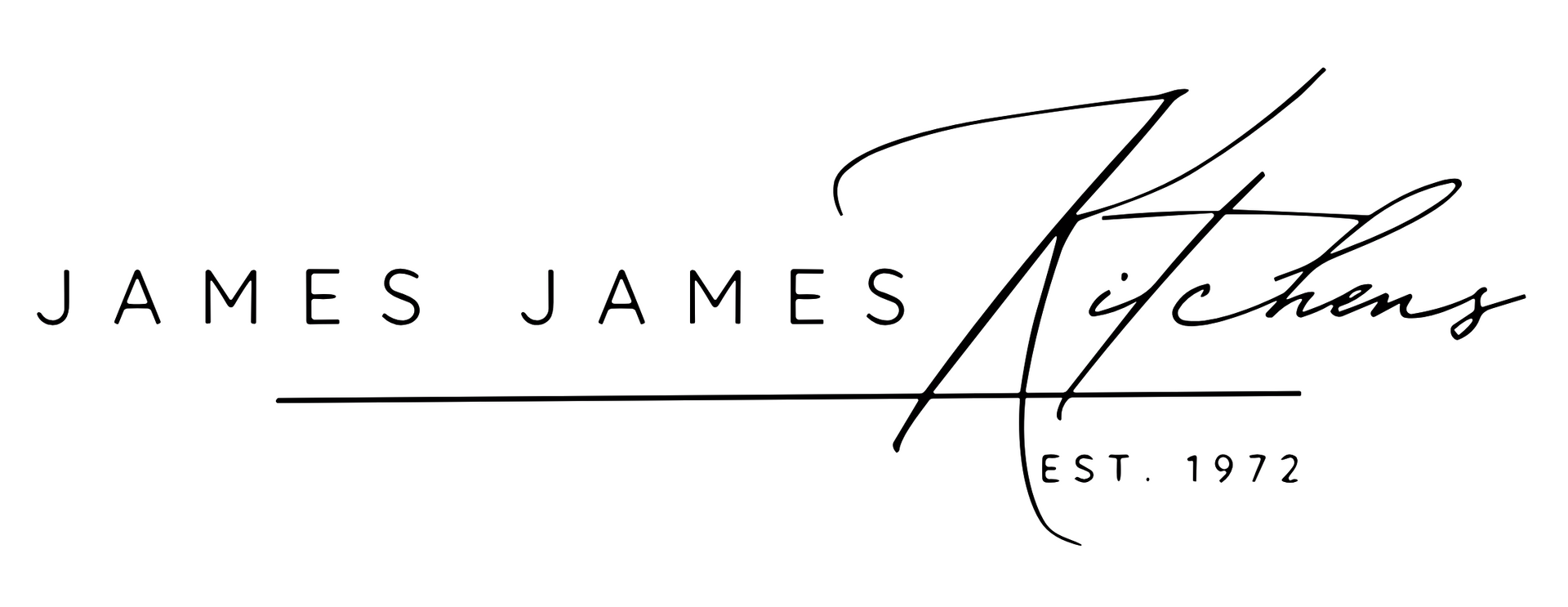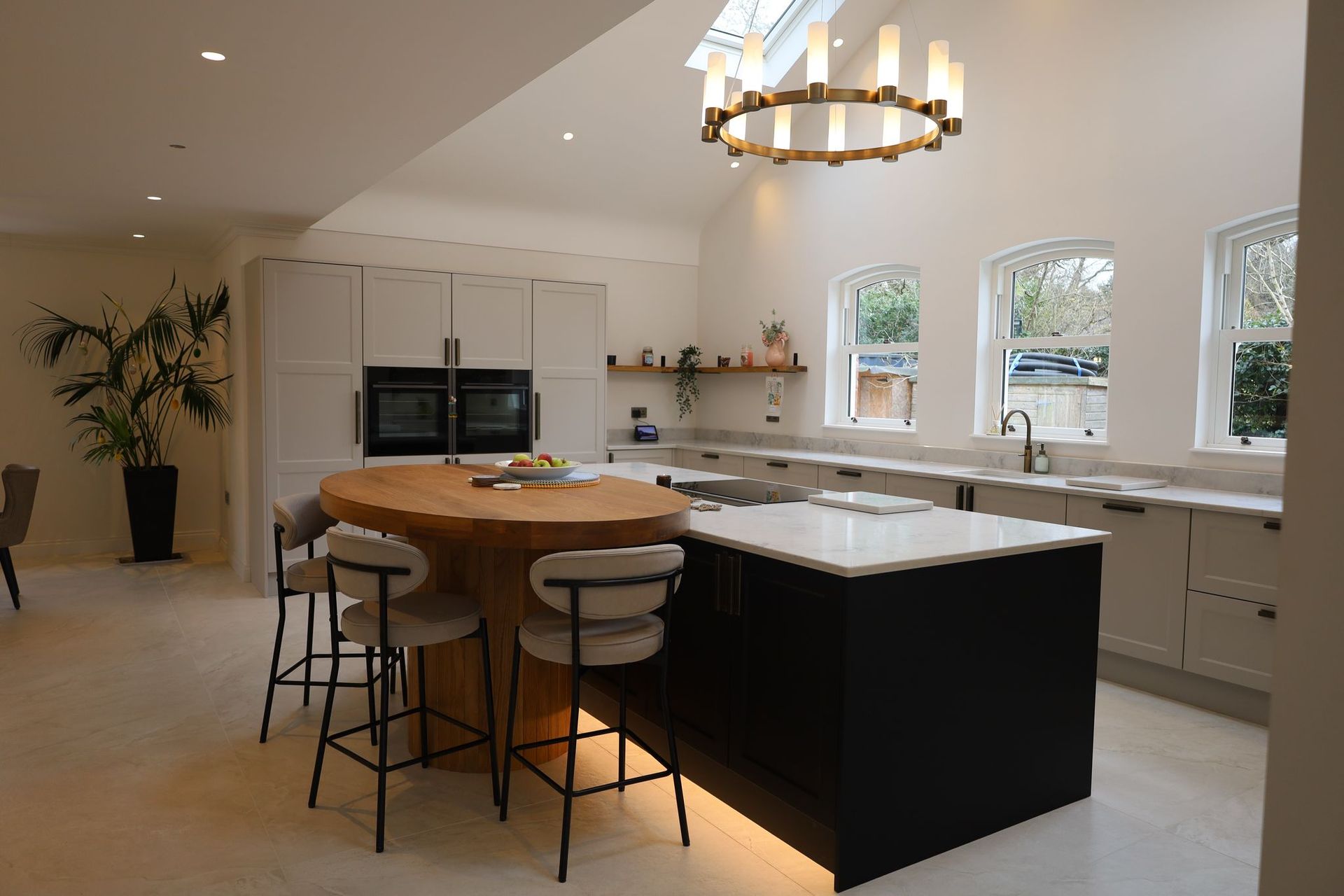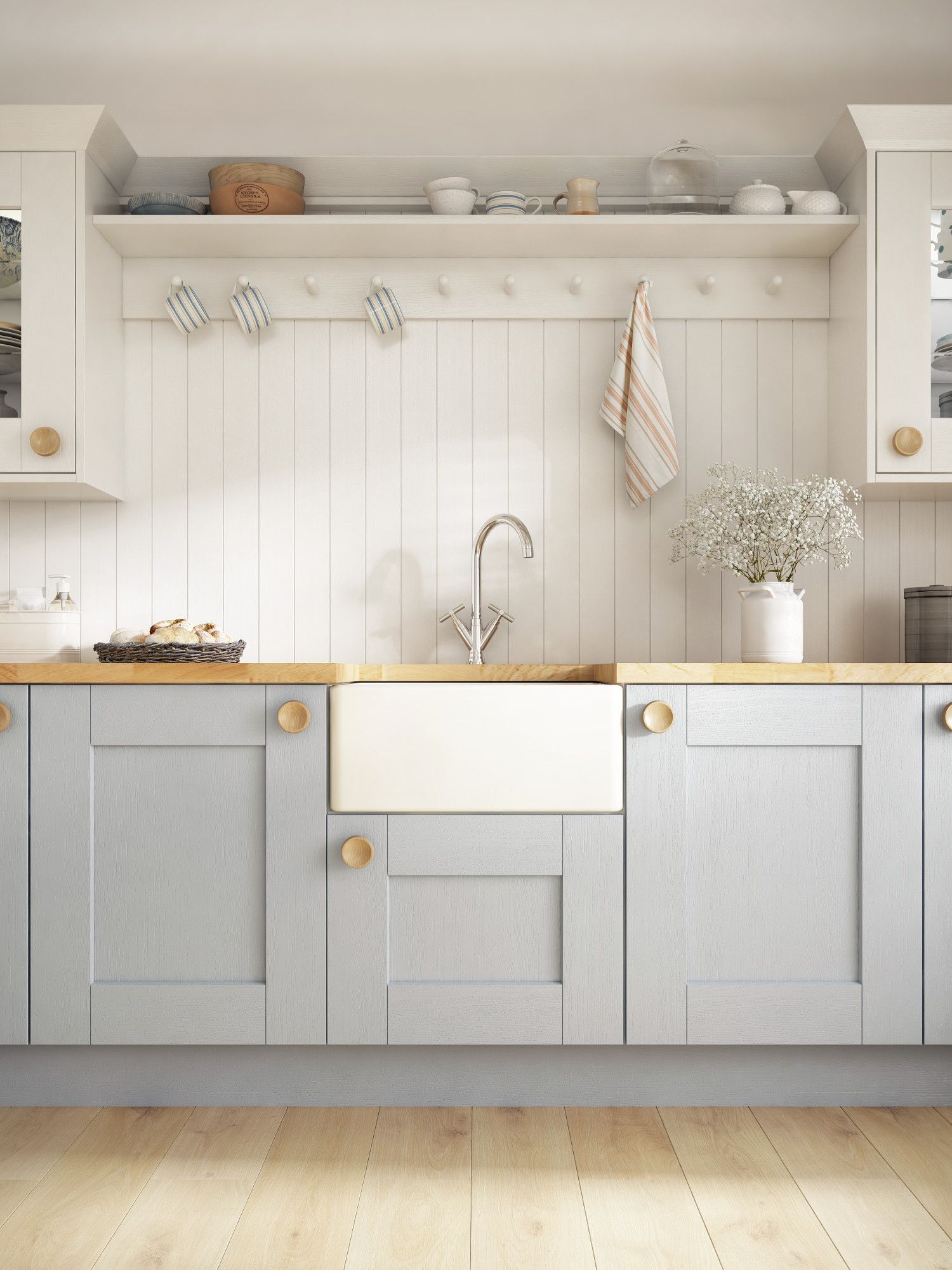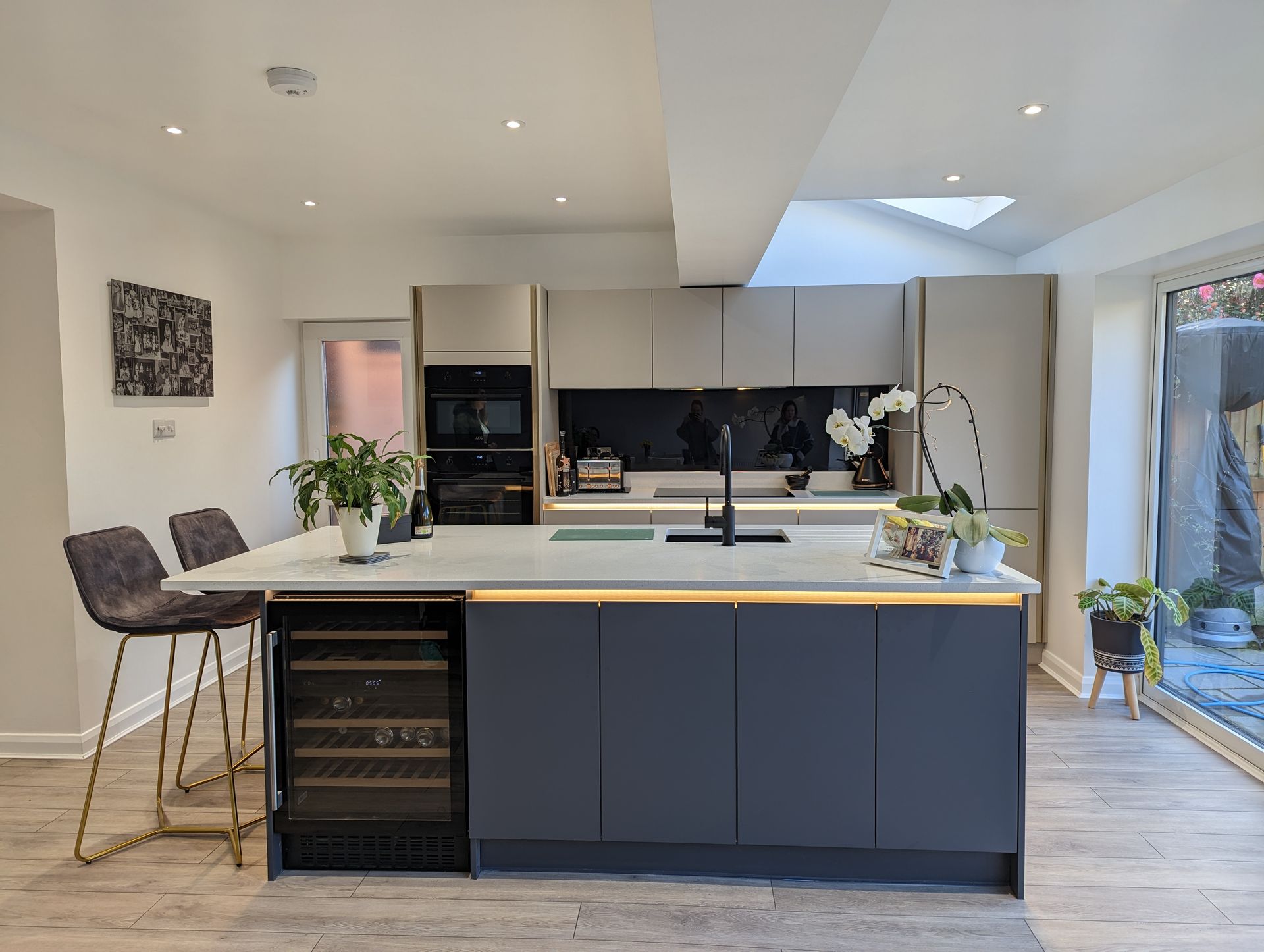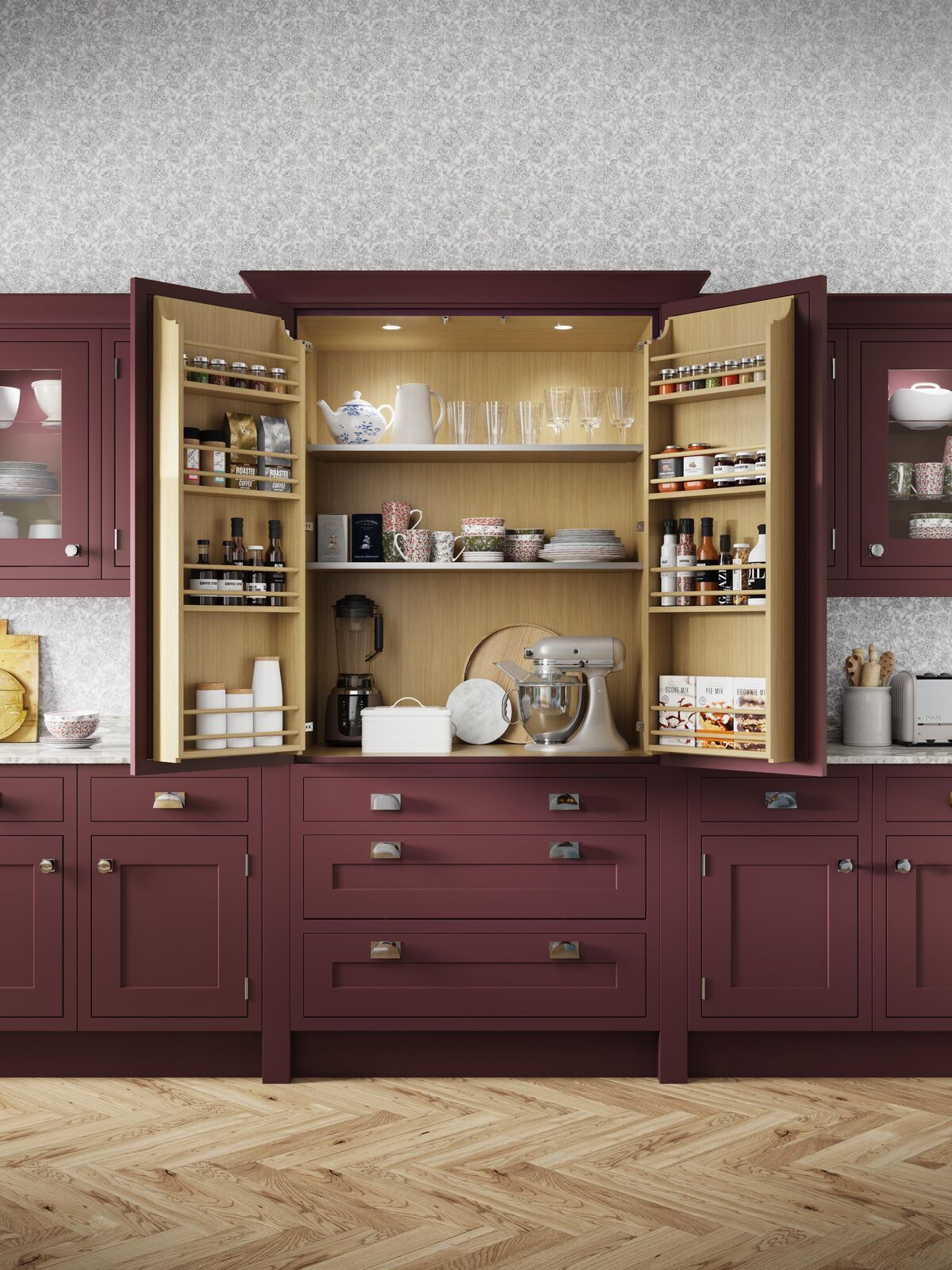Embracing Sustainability in Kitchen Design
Embracing Sustainability in Kitchen Design Products: Creating a Greener Culinary Space
The concept of sustainability has transcended mere trends to become a fundamental aspect of modern living. From renewable energy to Eco-friendly transportation, people are making conscious choices to minimize their carbon footprint and promote a healthier planet.
One area where sustainability is gaining significant traction is in kitchen design products. As the heart of the home, the kitchen is now becoming a hub for innovative, environmentally-conscious solutions that combine style with Eco-friendliness.

1. Eco-Friendly Materials: Laying the Foundation
Sustainable kitchen design begins with the choice of materials. Traditional options like hardwood and granite often involve high energy consumption in extraction and manufacturing. However, in the pursuit of sustainability, designers are turning towards materials such as reclaimed wood, bamboo, recycled glass, and even engineered quartz made with post-consumer recycled content. These alternatives not only reduce the demand for new resources but also promote responsible waste management.
2. Energy-Efficient Appliances: Cooking Up Conservation
In the modern kitchen, energy-efficient appliances are becoming the norm rather than the exception. From induction cooktops that heat up faster and use less energy, to smart refrigerators that optimize cooling, these appliances contribute to reduced energy consumption. Energy Star-rated appliances have gained popularity due to their low energy and water usage, proving that sustainability can seamlessly integrate into daily routines without sacrificing functionality.
3. Water-Wise Solutions: Drips of Change
Water scarcity is a growing concern worldwide, urging homeowners to adopt water-efficient practices. Kitchen designers are responding with innovations such as touch-less faucets that reduce water wastage, and dishwashers designed to consume less water while maintaining optimal performance. Collecting and purifying rainwater for kitchen use is another inventive approach that helps conserve this precious resource.
4. Modular and Long-Lasting Design: Less is More
The throwaway culture is giving way to a more sustainable approach to design. Kitchen products are being designed with longevity in mind, utilizing modular components that can be replaced or updated easily, extending the lifespan of the kitchen. This not only reduces waste but also allows homeowners to adapt their kitchens to evolving needs without a complete overhaul.
5. Natural Lighting and Ventilation: Harnessing Nature's Gifts
Natural light not only enhances the aesthetics of a kitchen but also reduces the need for artificial
lighting during the day. Designers are incorporating larger windows, skylights, and strategically placing mirrors to reflect light and create an illusion of space. Effective ventilation is also critical for maintaining a healthy indoor environment. Sustainable kitchen designs often include efficient ventilation systems that remove cooking odors and pollutants, contributing to overall well-being.
6. Up-cycling and Second Life: Creativity Meets Sustainability
Up-cycling, the process of re-purposing old items into new products, is gaining momentum in kitchen design. From using salvaged wood to create counter-tops to turning vintage furniture into unique kitchen islands, up-cycling adds character and reduces the demand for new resources. This trend not only celebrates creativity but also showcases how sustainable choices can be visually appealing.
7. Local Sourcing: A Global Impact
Reducing the carbon footprint of kitchen products goes beyond design choices. It involves sourcing materials and products locally to minimize transportation-related emissions. Supporting local artisans and manufacturers not only boosts the local economy but also ensures that products have a lower environmental impact due to reduced transportation distances.
In conclusion, sustainability in kitchen design products is no longer a niche concept; it's a necessity. As we recognize the impact of our choices on the planet, adopting eco-friendly practices in kitchen design allows us to create spaces that are not only aesthetically pleasing but also aligned with our responsibility towards the environment. From choosing the right materials to incorporating energy-efficient appliances and innovative design concepts, the sustainable kitchen of today is a testament to a greener tomorrow.
